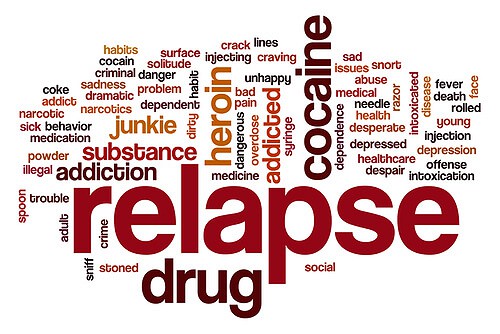Having some time in sobriety and then picking up a drink or a drug can be a setback for many people that have to endure addiction. Triggers, craving, the obsession, shame, and guilt are all factors that can make it difficult to get back into the game of recovery. By knowing what some of the phases of relapse are may help to create a better prevention plan for someone who wants to stay sober for the long run.
The Emotional Phase
When someone is in the emotional stage for relapse, they are not thinking about drinking or using in the least. They remember their last drunk, so they are not interested in revisiting that lifestyle again. What is lacking is the honesty of their emotions and behaviors which can cause them to elapse down the road without any indication due to the denial they are exhibiting. There are a few elements that can lead to the emotional phase of relapse.
- Lack of self-care
- Not expressing their feelings
- Isolation
- Skipping 12-Step meetings
- Not sharing details with others
- Focusing on what others are doing
The Mental Phrase
The brain of someone who has an addiction tends to be an area of cognitive warring. One minute they cannot fathom using or drinking, and in the next minute they cannot imagine living without drugs and alcohol. This non-stop tug-of-war in the mind will eventually wear down anyone that is not equipped to handle the cerebral escape conducive for relapse. Signs of a mental relapse can be defined by the actions that bring someone closer to relapsing.
- Cravings
- Lying
- Coming up with ideas to control usage
- Planning out relapse opportunities
- Glamorizing past usage
- Diminished consequences
- Bargaining
- Thinking about hitting up old using friends
The Physical Phase
This phase is when someone actually picks up a drink or drug and begins using again. The most important factor with the physical relapse is that it can offset the mental relapse where the person has uncontrollable and obsessive thinking about using or drinking that will not stop. Without using recovery tools, just saying no to the urges will not work. In fact, many of these physical relapses are brought on by the person seeing an opportunity to get away with drinking and using, but nonetheless get caught.
Instead of an individual running back to old behaviors and patterns, using recovery for solution can help relapse from happening so easily. Relapse can totally be prevented with the development of healthy exit strategies and the willingness to carry them out.








